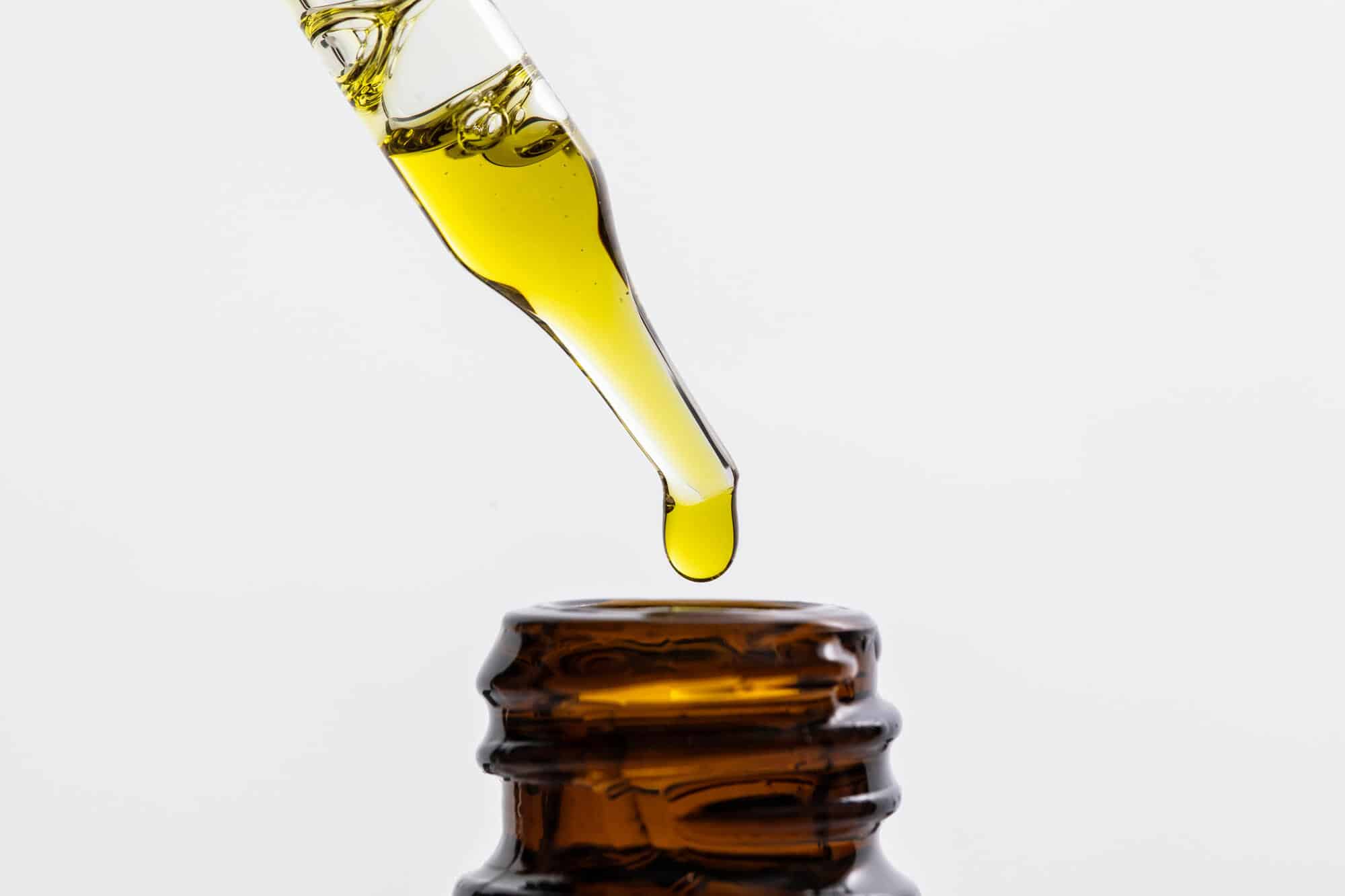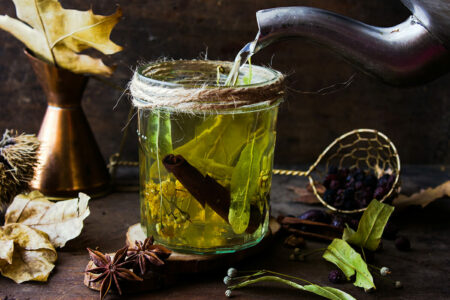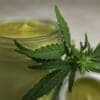Buy chamomile, lavender, hops, mint, comfrey botanical extraction machine. Extract any resin gland plant. Affordable powerhouse to boost your business. All resin gland extracting equipment for sale in mid range prices. Best cosmetics extraction machine – fast, pure, high volume reduction for your cosmetic product manufacturing needs.

Botanical or cosmetic extraction equipment, best for sale. Tackles biomass reduction of resin gland plants used in a broad range of botanical products fast with very pure yields. Extraction or separation needs to be done right. Botanical extracting equipment comes in a number of performance and price ranges. Our TOR botanical extracting machines are the industry’s top performing, best engineered units, yet are affordable, and you can rapidly recoup your investment in our equipment. We offer excellent customer support.
The price is budget-wise low cost for startups or established businesses. Our for sale TOR comes in two sizes to buy – one larger for processing higher volume loads and one smaller for lesser output requirements. Both machines feature our patented CO2 and H2O or dry ice extraction methods, performed with superb engineering designed for serve your business for many years of constant use.
Botanical extraction equipment for chamomile, comfrey, lavender, mint, hops and basil (among the dozens of botanicals with resin glands that can be economically run through our machines). For botanical products from tinctures, salves, edibles, oils, topicals and concentrates, our TOR machines are the workhorses that will increase your output thus leading to higher profits.
Cosmetic companies using botanicals will want our TOR machines in the line, running the biomass extraction reduction that is essential to your cosmetic’s ingredients. Our units can produce a very fine sift for all of your mixing needs into lotions, salves, pastes and herbal blends.
Tinctures – What Are They And How Do You Use Them?
What is a tincture you may ask… Tinctures are liquid extracts made from herbs that you take orally (by mouth). They are usually extracted in alcohol (known here on our website as “regular”), but they can also be extracted in vegetable glycerine or apple cider vinegar (non-alcohol). Tinctures are easy and convenient to use. Tinctures are also easier to give to children as they have to take only small amounts. Because they are taken directly under the tongue, they enter the bloodstream much more directly than by any other means. This means that the action in the body is usually quicker. Although some herbs will have an immediate effect, such as those used to help one relax. Others that are more nutritive and building in nature. Nutritive tinctures may take several weeks of continual use before best results are seen.


Tea vs. Tincture?
Teas and tinctures are made from the same combination of herbs. For example, Tummy Tincture is made from Tummy Tea, and Nursing Tincture is an extract made from Nursing Tea, so the herbs are the same – it’s just two different ways of taking them. Some people enjoy teas and enjoy the relaxing aspects of taking a time-out to drink a cup of tea. Others may not care for tea or do not have time to brew and drink a cup of tea. For these people, a tincture is perfect. Tinctures are also very convenient, as nothing needs to be brewed. You simply take the drops of tincture and you’re done. You can easily carry a bottle of tincture in your purse and have it available to you at all times. (Tummy Tincture for gas and tummy upset, and Rescue Remedy for anxiety, nervousness or injuries are popular items for one’s purse.)
When you want an immediate response, such as herbs for relaxation or sleep, a tincture may give you more immediate results. For nutritive herbs, either a tea, a tincture or a capsule would be fine. It comes down to personal preference.
Note: Two droppersful of tincture equals one 8 oz. cup of tea.
You may put the droppersful of tincture into a warm cup of water to make an instant tea!
What is a Tincture Dropperful? | How Do You Take a Tincture? | Why won’t the glass tube fill all the way when I squeeze the dropper top?
Botanicals and cosmetics extraction machine – for resin glands extracting – quickly, purely, high volume reduction for your botanical product manufacturing needs, using our popular TOR machines.
Biomass reduction for resin gland plants used in a huge range of botanical products is a first crucial step in the actual manufacturing process. Botanical extracting machines come in a number of performance and price ranges. Our TOR machines are the industry’s top performing, best engineered units, yet are affordable, and you quickly recoup for investment in our equipment. We offer extraordinary customer support, and the price is low cost for startups or established businesses. The TOR comes in two sizes – one larger for processing higher volume loads and one smaller for lesser output requirements. Both machines feature our patented CO2 and H2O or dry ice extraction methods, performed on superior technology that is designed for longevity.
A standard suggested adult dosage for tinctures is 2 droppersful two to three times a day. For children under 12, please see a Children’s Dosage Guide for recommendations.
With this standard dosing suggestion (for adults) of two droppersful three times a day, tincture bottles typically last this long:
- 1oz. tincture bottle will last about one week
- 2oz. tincture bottle will last two weeks
- 4oz. tincture bottle will typically last about a month.
To take a tincture, it is best to take the drops directly under the tongue. This gets the herb directly into the bloodstream. If necessary, it is fine to dilute the tincture in a small amount of water or juice. It may be flavored with lemon or honey to disguise the taste. ( Note: never give honey to a child under one year of age.) You may also put the droppersful of tincture into a cup of warm or hot water for an instant cup of herbal tea. Heat your water first, before adding the herbs. Heating the herbs in a microwave may kill or weaken their healthful benefits. Taking the tincture directly under the tongue and avoiding any liquids or foods for at least 15 minutes afterwards provides the best results.
Are Tinctures Safe for Pregnant or Nursing Women? How About Children and Babies?
Yes, tinctures are fine for pregnant and nursing women, even the alcohol-based versions. One dose of an alcohol-based tincture has approximately the same alcohol content as eating a very ripe banana. Non-alcohol versions of nearly all of our herbal tinctures are available. Non-alcohol tinctures are good for children, those with alcohol sensitivities, or for those who simply prefer a non-alcohol product. If you are pregnant or nursing, we invite you to seek info on Herbs to Avoid During Pregnancy and Lactation.
For babies, it’s recommend that nursing mothers take the tincture, which will then pass on to their babies through the breastmilk. For those who are not nursing, please seek additional resources as to the best ways to administer herbs to your baby. There are Children’s Dosage Guide outlines general dosage recommendations for children available online.
For some herbs, such as roots, barks, berries, and non-aromatic seeds, it takes a powerful liquid such as alcohol to extract the medicinal properties from the herb. Extracting with a less-powerful liquid will only result in a less-effective product – really, a waste of your time and money. This is why you will see tinctures available only in an alcohol-base. For those who prefer a non-alcohol product and there’s not one available, you can put the drops of tincture into a small amount of hot water (the amount is not important), and this will dissipate the alcohol content, leaving only the herb matter behind. (Be careful not to have your water so hot that you burn yourself though! It doesn’t have to be that hot!)
What is the Shelf Life of my Tinctures? | How Should I Store Tinctures? | What are they made with?
Tinctures are extracted most often in alcohol because it is such a potent solvent. As mentioned before, some herbs simply will not release their medicinal qualities to a solvent that is less potent, such as water, apple cider vinegar or vegetable glycerine. It takes something stronger, and alcohol is perfect. It also acts as an effective preservative. Alcohol-based tinctures have a virtually unlimited shelf life if stored in a cool, dark location. Refrigeration is not necessary.
Tinctures made from apple cider vinegar are wonderful, as the apple cider vinegar has wonderful health-building qualities of its own. They can be used as salad dressings, marinades or in foods, as well as for your regular tincture use. The shelf life of apple cider vinegar tinctures is very short – about a year or so if kept in a cool, dark cupboard or refrigerator (recommended). Apple cider vinegars are considered non-alcohol tinctures.
Vegetable glycerine is also used to make non-alcohol tinctures – these tinctures are known as glycerites. They have a much longer shelf life than the apple cider vinegar – 3 to 5 years if stored in a cool, dark cupboard. Tinctures made of vegetable glycerine are wonderful for children. They have a sweet taste to them and can make even bad tasting herbs taste good! Glycerine does not have the extraction power that alcohol does, but it still does a fantastic job and results in a highly effective product. They are a great choice for children or for those who prefer a non-alcohol product.
PLEASE NOTE: As non-alcohol tinctures have no alcohol content to them to act as a preservative, they can easily become contaminated and are at risk for growing mold. To prevent this from happening, do NOT touch the glass dropper to any part of the mouth, do not let children suck on the glass dropper tube (which can break in their mouths as well), do not touch it with your hands, lay the dropper top on countertops or anything that might allow a microbe onto the glass tube and in turn, into the bottle, which can start mold. Mold is white to light grey in color and tends to float on top of the liquid or in the glass dropper tube. If your glycerine-based tinctures become contaminated and have mold, do not use them. Throw them away.
Always be mindful storing and maintaining your herbs, to ensure their quality and freshness, and how to keep from contaminating your herbal product.
Tinctures are made of alcohol (brandy) and vegetable glycerine. Both versions are generally available, unless the herb used will not produce a good quality product using the non-alcohol vegetable glycerine. Roots, hard seeds and many barks will not release their medicinal properties to anything less than alcohol, and in those cases, tinctures come in the regular alcohol-base only.
Store your tinctures and all of your herbs in a cool, dark cupboard. This includes your cooking spices, which most people keep above a hot stove. Keeping them in a heated area can cause your herbs and spices to become weak more quickly. You may carry and keep tinctures in a purse or briefcase. Be sure not to leave your tinctures in a hot area for long periods of time, such as in a car, as heat can negatively impact the quality of your herbal products.
Credit:https://herblore.com/overviews/tinctures
Pam Caldwell and Herb Lore
*This article has been modified from it’s original source.





